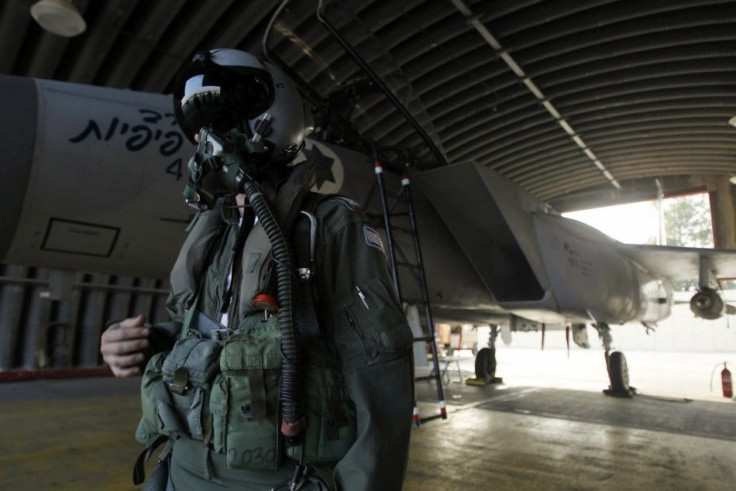ISIS Receives Food, Ammunition Due To Mistake Of Iraqi Pilots

The ISIS has received manna from heaven, but it came from no less than its enemies. Food, water and ammunitions meant for weary Iraqi army officers and soldiers have been mistakenly airdropped to the hands of the radical militants.
An unidentified official in Iraq's Defence Ministry, on NBC News, blamed the inexperience of some of the Iraqi pilots for the very critical mistake. "They are all young and new," the brigadier-general said of the incident that happened on Sept 19.
The highly essential supplies were meant for the Iraqi forces besieged in the Saglawyah area in the west of Iraq, Hakim Al-Zamili, a member of the Iraqi parliament said. But for unknown reasons, some of the pilots dropped the supplies over the area controlled by ISIS fighters, he said. Al-Zamili and the unidentified brigadier-general investigations have been opened to look into the matter.
The glaring mistake has again put the spotlight on the Iraqi forces and their seemingly unreliable contribution to the fight against ISIS. Inquistr reports that U.S. President Barack Obama had long stated he will not send U.S. forces to be stationed on the ground to fight the militants. He wants the coalition partners instead to fill in this gap.
U.S. Joint Chiefs of Staff Chairman Gen. Martin Dempsey had said that working with the Iraqi army is like next to impossible because one half is incapable while the other half needs assistance to rebuild with equipment and additional training. Dempsey said one half of Iraqis willing to fight off the radical militants need to train first in protected locations. They also have to be taught in essential warfare capabilities such as intelligence, aerial surveillance and air power so they can "fight the fight" and push the ISIS back into Syria.
The solution that will solve the ISIS' takeover of large swaths of northern and western Iraq is ultimately in the hands of the Iraqi government, Dempsey said. The government must be able to convince the Kurdish and Sunni populations that they will be consulted and considered equal partners with the Shiites as they rebuild and map Iraq's future. No amount of U.S. military power nor daily air bombardments will solve that problem, he said.





















